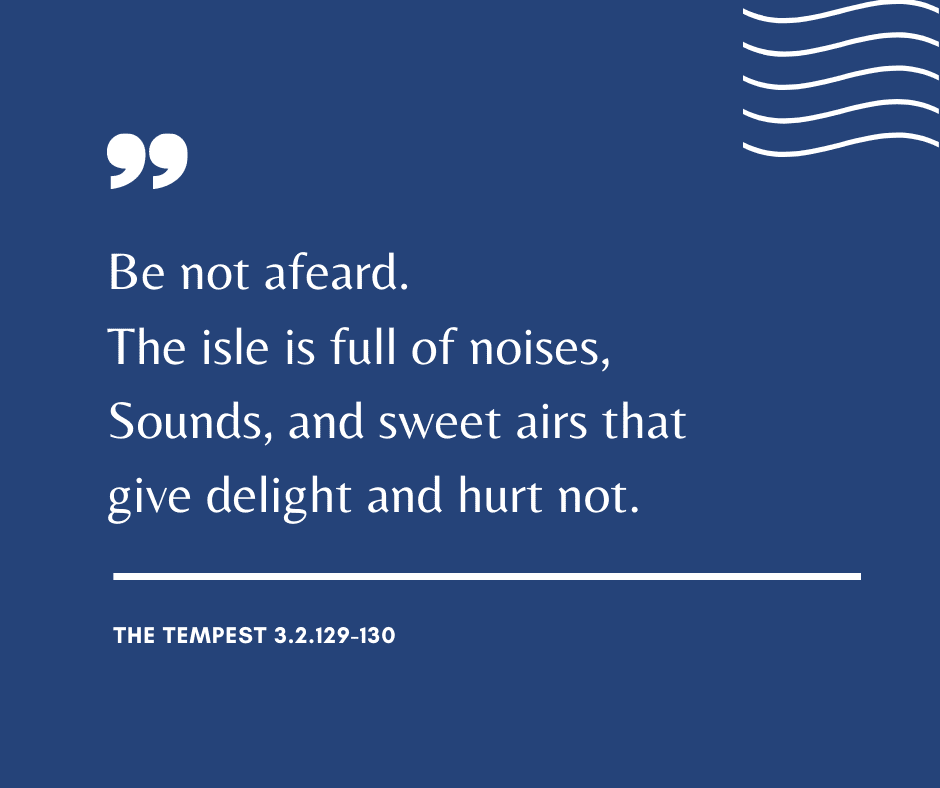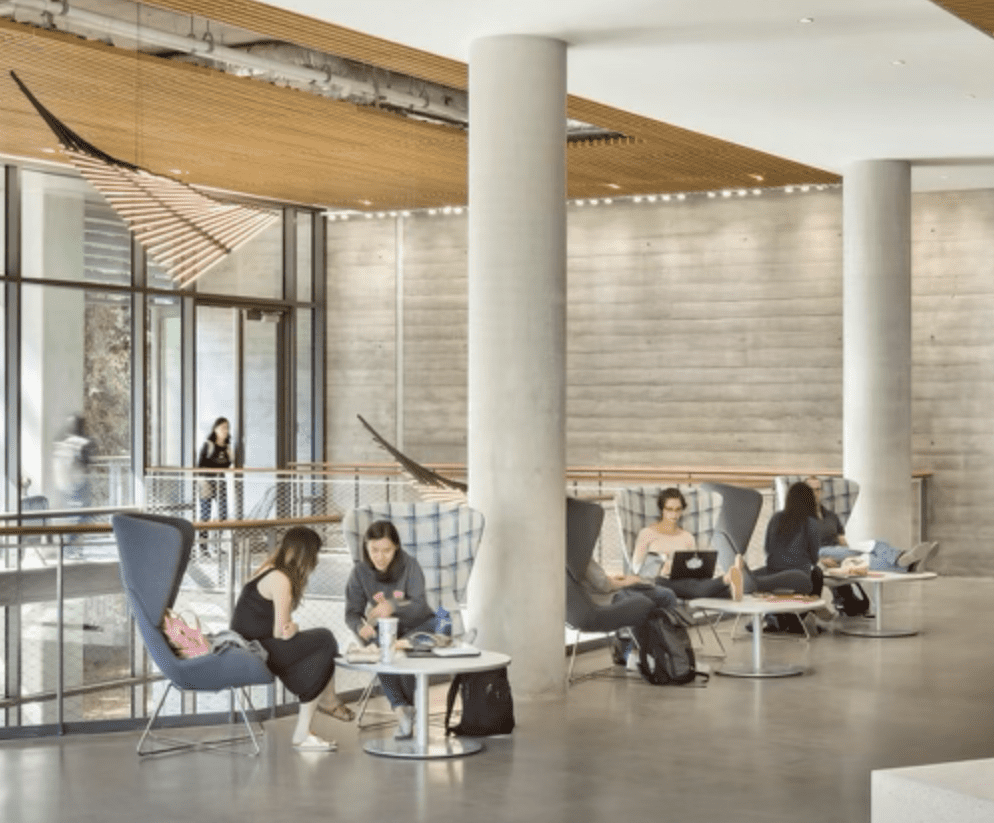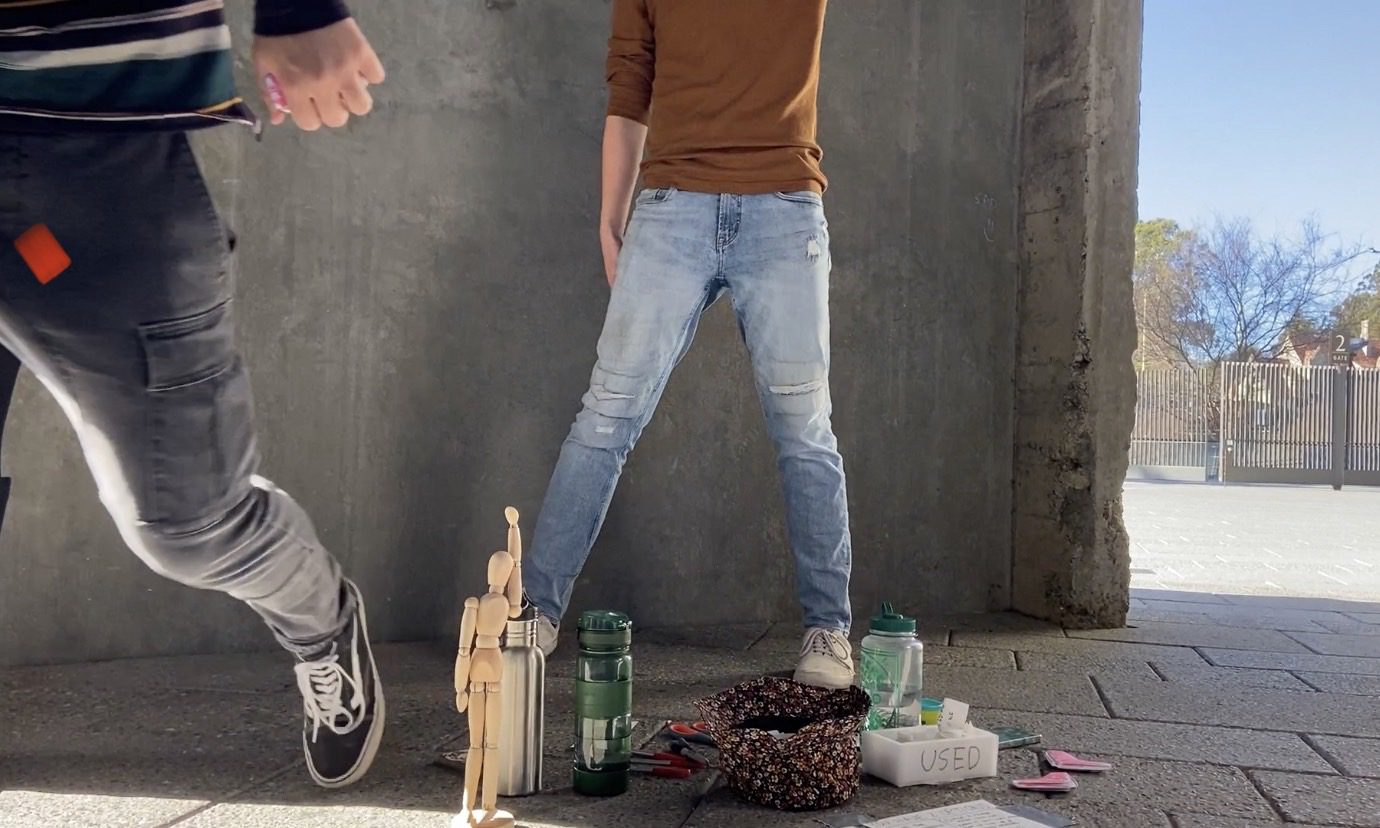To Be Not Afeared
About a week ago, if my neighbors looked over through my windows, they would see me energetically (and awkwardly) dancing to Whitney Houston’s “I Wanna Dance with Somebody.” No, this was not cardio dance with the virtual RSF, this was one of my Zoom sessions for UGBA 96: Creativity and Leadership.
Reading the syllabus for UGBA 96 at the beginning of Fall, I didn’t have very high expectations. I went to class anticipating enthusiasm to be low and cameras to be switched off, because I couldn’t imagine how a class relying heavily on collaborative discussion and group interaction could function with remote instruction.
To my surprise, UGBA 96 turned out to be one of the most engaging classes I’ve enrolled in at Berkeley. When we warmed up with our Whitney Houston dance party, all 52 cameras were on, showcasing students’ best sprinklers and shuffles. When we practiced vocal variety reciting Shakespeare as a class, all 52 microphones were unmuted in an unsynchronized blend of theatrical voices.

It doesn’t feel like a competition or a race to get the most participation points. Students and the professors are extremely authentic and intentional with what they contribute, and in raw moments where students share deeply personal narratives, the Zoom chat spills over with words of support and affirmation.
In a time where personal connection is difficult to forge, I find encouragement and hope in the environment created by the professors and students of UGBA 96. For me, starting and sustaining friendships has been tough, as I’m sure it is for many. As someone who usually hates the awkwardness of small talk, I find myself missing these organic interactions with friends, as they aren’t scheduled and structured through Zoom or Facetime.
Alongside the personal and professional development skills I’ve learned in UGBA 96, I’ve realized how brief, yet meaningful dialogue can make up for this lack of interaction, even if it is through my laptop camera with people I only talk to during class. I’m inspired by how vulnerable other students are in sharing their experiences, and I would never devalue the authenticity of their story just because I hear it virtually. This class has taught me how I can cultivate the honest personal interactions I’ve missed, simply by being open and sincere with others.
I don’t think virtual interactions will replace face-to-face contact for me. Nevertheless, the things I’ve learned in UGBA 96 will help me adapt during and after COVID. As my class confidently exclaimed during class, I am certain I will “be not afeard” (or at least, be a little less afeared) in the new normal that awaits.


